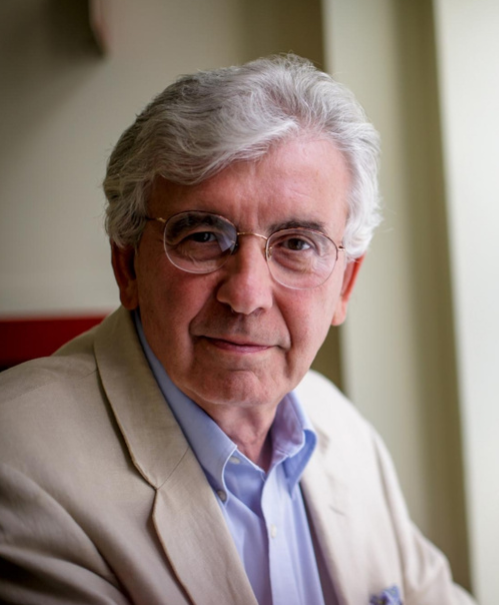Rolando Del Maestro – 2021 Research Grant Recipient
Generously funded by an anonymous research fund
 Rolando Del Maestro – Neurosurgical Simulation and Artificial Intelligence Learning Centre, McGill University
Rolando Del Maestro – Neurosurgical Simulation and Artificial Intelligence Learning Centre, McGill University
Montreal, QC
Project Title: “A Randomized Controlled Trial to Assess the Efficacy of Expert Benchmark Feedback Systems in Simulated Brain Tumour Resection Training”
Description of Project:
The learning of bimanual skills is very important in brain tumour surgery since errors can result in poor patient outcomes. Neurosurgical trainees develop these skills by watching expert surgeons do operations and as they acquire more experience, they are given more responsibility to perform complex operations. The limitations of this learning method are the low numbers of expert surgeons to teach these skills and patients may be at increased risks during this traditional approach to training students. Virtual reality neurosurgical simulators provide realistic simulated brain tumour operative procedures in environments in which there are no risks to patients and students can repeat procedures as many times as needed to acquire the necessary skills. One of the important questions involving these virtual reality systems is how best to provide information to students to improve their performance.
We propose to test the effect of four different training systems in improving student brain tumour operative skills to learn the best method of providing information to the student which would assist the student to safely learn the operation.
These studies will allow us to determine this important information without presenting any risks to patient during student brain tumour training and hopefully improve patient outcomes.
What receiving this award means:
The removal of brain tumours, a skill expected of neurosurgical graduates remains among the most difficult and challenging procedures within medicine. We have developed virtual reality training systems in which trainees can learn the skills needed to carry out brain tumour operations safely in a lab environment. These systems allow learners unlimited opportunities to acquire and practice these essential skills with no risk to patients. Receiving this award from the Brain Tumour Foundation of Canada will help us determine the best methods to teach safe brain tumour surgery and hopefully result in improved patient outcomes.
January 2022 Update
September 2022- Midpoint Report
Project Interim Report
C-Case Abstracts
December 2023 – Final Report
Research Goal:
To purpose of this study was to determine the best method of providing information to surgical trainees about their performance after completing their removal of simulated brain tumours that would result in the improvement of their ability to remove brain tumors safely and improved their ability to learn these important surgical skills.
We wanted to determine 1) if providing performance information to students at the end of the procedure resulted in more improvement in safety when they removed brain tumours and helped them learn surgical skills faster compared to just letting the student repeatedly practice the brain tumour removal procedure, 2) and if different ways of providing information to students at the end of the procedure, using numbers and visually resulted in more improvement in safety when they removed the tumours and helped them learn surgical skills faster compared to providing this information using numbers only.
To carry out our goal we used a randomized control trial design. This allows for each of the four groups to have about the same number of participants in each group. In this trial 120 different medical students from 4 Quebec universities were put into the trial. Each student carried out 5 practice brain tumour removals one after the other. Trainees were either provided with no information (no feedback), or 3 different ways of evaluating their performance. This included just provided a number to represent their performance in 14 different categorises (paper-printed), or providing their performance in a colored format (benchmark feedback) or were provided their performance with three-dimensional information on how they performed (benchmark and spatial feedback)
Our finding demonstrate that just repeating the brain tumour removal procedure 5 times did not improve safely or improve skills. Providing students with a number for their performance improved student performance. However, students learned tumour removal skills more quickly and were safer while carrying out the brain tumour removal procedures if provided with visual information concerning their performance.
Importance to patients: The importance of this study to patients is: First, the method in which information is given to students who are learning how to perform brain tumour procedures is critical in their ability to learn how to carry out brain tumour operations safely and to help improve their surgical skills more quickly. Second. using virtual reality simulation studies result in the improvement of surgical skills in an environment that has no patient risks associated with the learning.
The third reason these results are important is that we have incorporated this information into several further studies that we have completed.